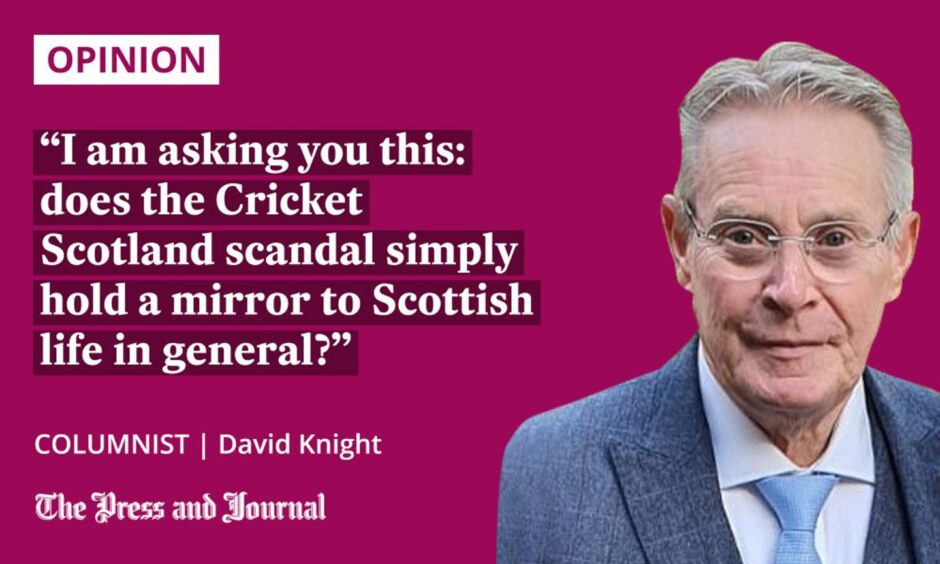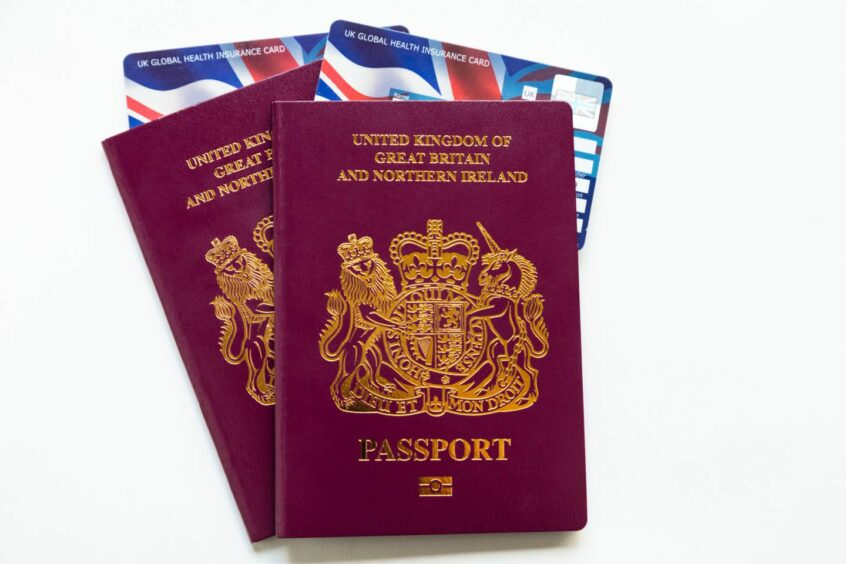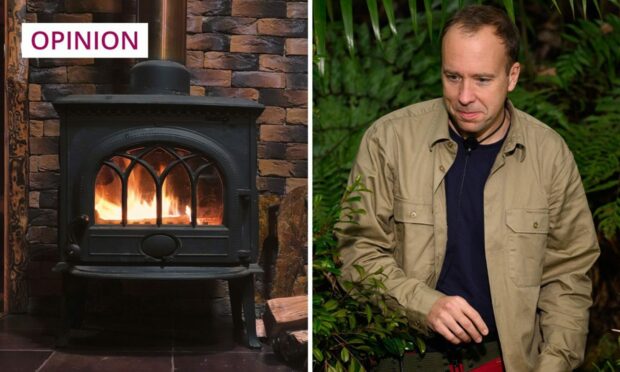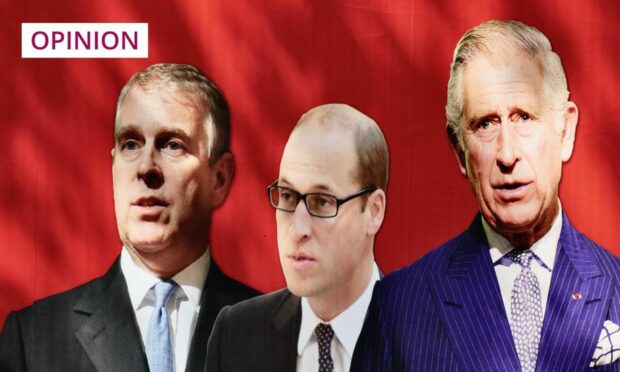I’d forgotten what a cold sweat was like until I struggled to convince the UK Government that I really did live in Britain.
Incredibly, we couldn’t find enough evidence.
A preposterous image of myself as a stateless person deported from my place of birth came to mind. It must be horrible to feel unwanted and unable to make your voice heard; banging your head against a brick wall.
Stressful as it was, my experience over the past few days hardly registered on the scale of human suffering when compared to Scottish cricket’s victims of racist abuse. Mine was merely a temporary frisson, rather than a living hell.
Cricket Scotland‘s shame reverberates around the world, and Nicola Sturgeon must get a grip of racist undercurrents in Scottish society. Buttering up Scotland’s image is fine, but not if it is being applied to something decaying, like mouldy bread.

Anyway, my story made me think of how hard other people had to work to prove themselves in different circumstances – such as climbing a wall of racial intolerance.
My task sounded like a piece of cake, to start with. My wife and I only had to prove our residential status to qualify for a new Global Health Insurance Card (GHIC), which replaced the European Health Insurance Card (EHIC) after Brexit. They guarantee the same level of state healthcare as locals when you visit EU countries – assuming you can actually get that far these days.
Struggle over paper trail
We acquired the old EHIC cards with the greatest of ease, but now wondered if the G in GHIC stood for gold-plated.
The problem was that we struggled to find the required letters of proof demanded by government officials, which were of sufficient legal standing, recent – and, crucially, showed our Scottish address. But our supply of paper documents has dwindled; I blame this on a relentless drive to pressure us into a paperless society.
It’s app, app, app wherever you turn, but are we happy? Yes, they are useful, but I suddenly found I couldn’t even print a statement from my building society app.
It’s the fault of the banks: they started brainwashing us into thinking we all wanted to go online.
Officials rejected our initial paper submissions for being too feeble by not showing a big enough “footprint” in British life. Luckily, Aberdeen Council came to my rescue (I never thought those words could ever tumble from my lips) when I found a crumpled council tax bill.
My card was approved, but my wife’s hung by a thread after her latest attempt was rejected again.
Surprisingly, her new replacement hip stepped into action by offering a substantial footprint all of its own. Hospital letters about this recent surgery pleased the bureaucrats, and her application was finally rubber-stamped.
All this panic just wasn’t cricket. If only the government showed as much meticulous zeal in rooting out endemic racism, I thought, as the cricket scandal broke.
Unlikely racism is confined to Cricket Scotland alone
But, for me, this prompted an even bigger question: surely the shocking official report on racist abuse cannot be confined to Cricket Scotland alone? These perpetrators come from all walks of life, so presumably they go back into their various worlds, spreading the same toxic views like a virus.
I am asking you this: does the Cricket Scotland scandal simply hold a mirror to Scottish life in general? And, is racism rife in other institutions, too – public and private bodies, and even the family? I can’t believe it’s an aberration confined to cricket.
Cricket Scotland is resolute on building and fostering a culture of inclusivity within the sport of cricket where racism and discrimination of any kind is not tolerated and where everyone is welcome and has access to equal opportunities.
More info ➡️ https://t.co/et2OnkEHHH pic.twitter.com/kBveI3nIK5
— Cricket Scotland (@CricketScotland) July 25, 2022
What of Scottish ministers and the organisations which report to them, such as Sportscotland, which helped fund Cricket Scotland?
They were all wringing their hands with pious indignation, but surely they were supposed to collectively police such matters? Especially when millions of pounds of public grants were involved.
Instead of having fingers on the pulse, were they fast asleep?
No such thing as ‘racist banter’
A horrible, morally-bankrupt yet depressingly familiar phrase – “racist banter” – reared its ugly head again in the official report. I recall a Holocaust suvivor once saying: “There is no such thing as racist banter – just racism.”
We’ve all heard racist banter; just because it’s dished out with a smile and a laugh doesn’t make it less cruel and wounding.
Sadly, the roots of this behaviour run deep. Children’s minds are poisoned as they sit at their parents’ knees, soaking up what they hear.
I’m not kidding; when I was nine or 10, a lad who revelled in his role as chief classroom bully proclaimed to us: “My dad hates the Irish.” I froze as he spoke, because I was the new boy in class and, for some reason, I had just confided in his sidekicks that my mother was Irish.
And so began a horrible period of racial-inspired bullying – treated as an outcast or imposter who had no right to be there, but that’s another story.
David Knight is the long-serving former deputy editor of The Press and Journal







Conversation